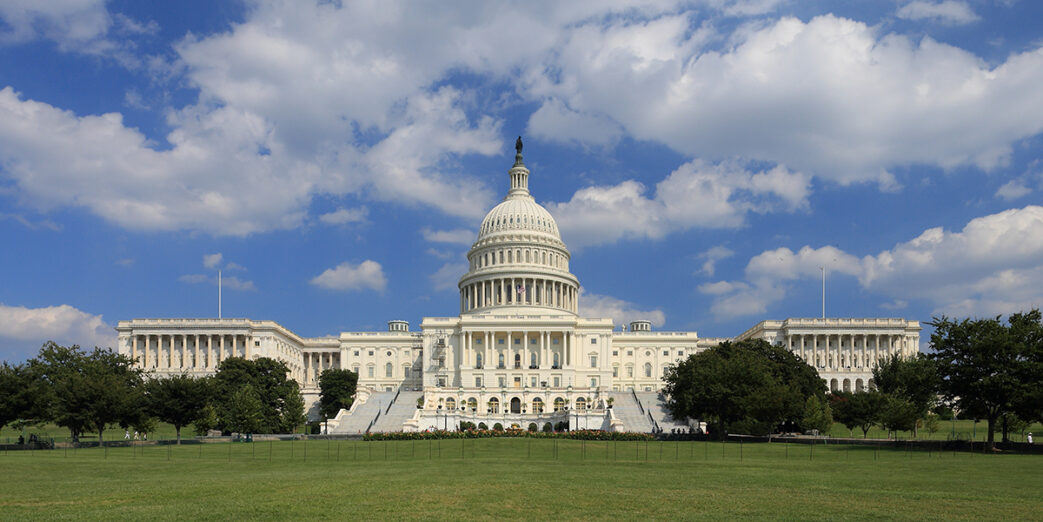Plans must comply with the law’s mandatory provisions effective immediately; other provisions are optional
Strategic Benefits Advisors (SBA) issued a statement today summarizing provisions of the Coronavirus Aid, Relief, and Economic Security (CARES) Act that require action on the part of health and retirement plan sponsors.
“The CARES Act calls upon plan sponsors to act swiftly in adopting measures that will ease the financial burden of COVID-19 on individuals,” said SBA Founding Principal Mindy Zatto. “Plan sponsors should coordinate with their healthcare providers immediately so they may begin complying with the law’s mandatory provisions. While most retirement plan provisions are optional, they are nonetheless time-sensitive and call for coordination with the plan sponsor’s recordkeeper and actuary. Any necessary plan amendments won’t be required until the end of the 2022 plan year.”
Required Health Plan Provisions
Health plan sponsors must comply with the following provisions expanding access to healthcare for coronavirus disease 2019 (COVID-19) patients:
- Coverage of COVID-19 Testing
Plans must cover the cost of approved COVID-19 tests and their administration. Test providers should be reimbursed at a previously negotiated rate, if applicable. In the absence of a previously negotiated rate, plan sponsors may reimburse providers an amount equal to the publicly listed cash price of the service or negotiate a lesser reimbursement. - Coverage of COVID-19 Preventive Services
Plans must also cover, without participant cost-sharing, qualified coronavirus preventive services and vaccines recommended by the United States Preventive Services Task Force or Advisory Committee on Immunization Practices of the Centers for Disease Control and Prevention.
Required Defined Contribution (DC) Plan Provisions
DC plan participants who are due a required minimum distribution for 2020 may elect to not take the distribution without incurring any penalties.
Optional Defined Contribution (DC) Plan Provisions
DC plan sponsors may choose to extend the following benefits to plan participants who self-certify that (a) they have been diagnosed with COVID-19; (b) their spouse or dependent has been diagnosed with COVID-19; or (c) they have experienced certain other adverse financial consequences of COVID-19 as specified by the Secretary of the Treasury:
- Coronavirus-Related Distribution
Plans may allow a maximum $100,000 “coronavirus-related distribution” that must be taken by December 31, 2020. Early withdrawal penalties do not apply, and distributions are not eligible for rollover. However, a recipient of a coronavirus-related distribution has the right to pay the distribution back within three years, in which case it will be treated as a rollover contribution. The taxable amount of a coronavirus-related distribution can be spread pro-rata over three tax years. - Increased Loan Limits
Qualified plans may increase loan limits from $50,000 to $100,000 and from 50% of the vested balance to 100% of the vested balance for loans made between March 27 and September 23, 2020. - Delayed Loan Repayment
Plans may delay due dates for one year for individuals with outstanding loans whose repayment would normally be due between March 27 and December 31, 2020, allowing an extension beyond the normal five-year cap.
Optional Defined Benefit (DB) Plan Provisions
- Option to Defer Single-Employer Plan Funding
Plan sponsors may delay payment of any minimum required contributions that would ordinarily have been due during calendar year 2020 to January 1, 2021. The amount of each delayed contribution must be increased to reflect the interest accrued between the original due date and the actual payment date. - Benefit Restriction Relief
For purposes of applying benefit restrictions under Code Section 436, plan sponsors may elect to use the prior plan year’s adjusted funding target attainment percentage as the adjusted funding target attainment percentage for plan years that include calendar year 2020. This may allow some plans to avoid triggering certain benefit restrictions in 2020 that would have otherwise applied.

